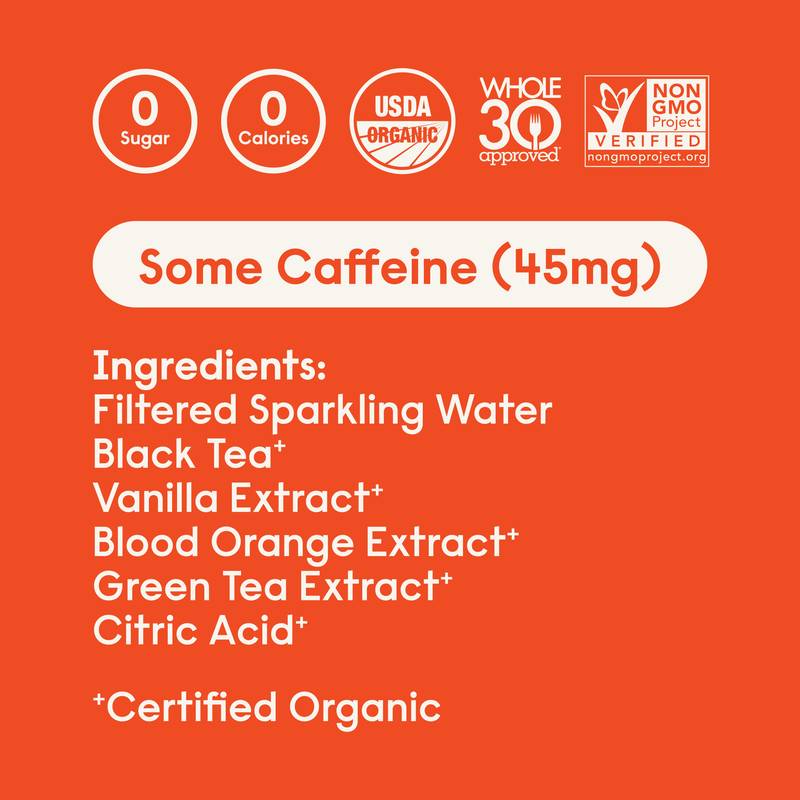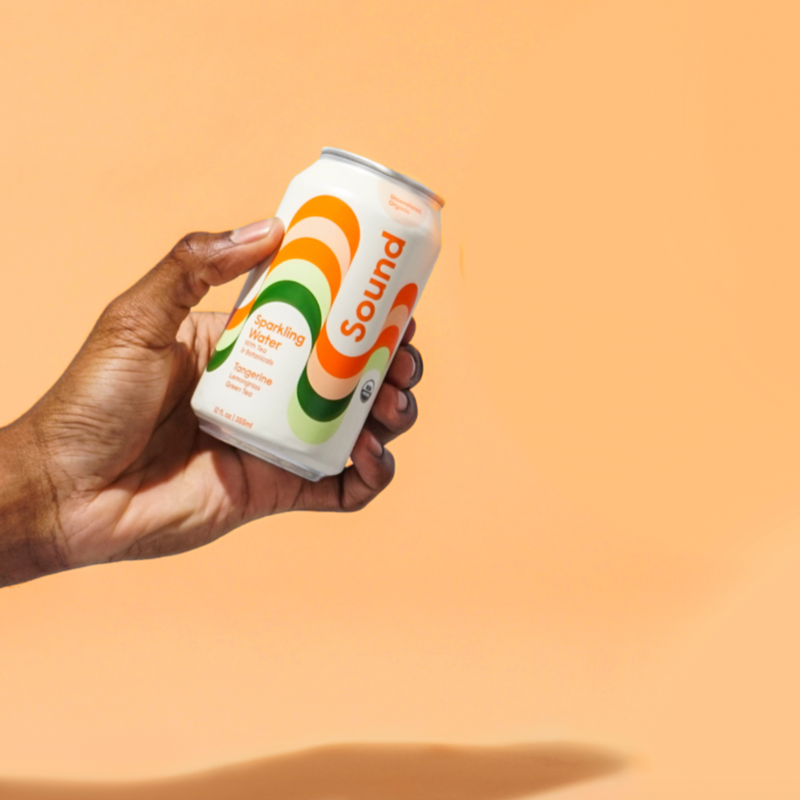Citric acid is the one of the most commonly used ingredients within the food industry today. You'll find it on the ingredient list for everything from energy drinks to potato chips to hummus.
Why is citric acid so commonly used?
It is most frequently added in order to preserve food, but can also be used to create a sour or tart flavor. Unlike most commercial preservatives that actually kill bacteria, citric acid is a more natural means to extend a product’s shelf-life as it simply lowers the pH to a point where bacteria can’t thrive. Additional processes, such as pasteurization, often need to be used in conjunction with citric acid to make a product “shelf-stable” (meaning it does not need to be refrigerated). When you think of citric acid, likely food and beverage products come to mind, but did you know that it’s also used in pharmaceutical and cosmetic products as well? Citric acid can be added to cosmetics for a variety of reasons, which include thickening gels and creams and keeping the pH in a desirable range. It is even added to medications to create a more palatable flavor!
Where does citric acid come from?
Back in the day, citric acid was first made from — no surprise — lemon juice 🍋!
But over the past decade or so, fermentation of a black mold called Aspergillus niger, became the new route for its creation as it was deemed more efficient, in terms of both production and cost. This type of citric acid is often referred to as manufactured citric acid (MCA). According to recent research, MCA accounts for about 90% of citric acid production.
Citric acid is found naturally in citrus fruits like lemons, limes, grapefruit and oranges. A vast majority of the citric acid that you see in packaged foods, however, is not from citrus fruit but instead manufactured in bulk through the process described above. It is actually pretty rare to find an organic citric acid, meaning that it is created from citrus fruit, and that’s because it is simply more costly.
Can you be allergic to citric acid?
An allergy to citric acid isn't well documented. However, there have been reports of symptoms like joint pain & swelling as well as gastrointestinal discomfort after consuming manufactured citric acid. Reportedly, these symptoms were not seen after consuming citric acid from citrus fruits. The researchers on this small study could not causatively say that the manufactured citric acid was the reason for symptoms experienced, but did recommend that the relationship be further evaluated.
Why did we choose to use Organic Citric Acid in our beverages?
For us, the benefit of using an organic citric acid is that the sourcing is clear and the methods to be Certified Organic are standardized and direct. We don’t have question when it comes to the quality of the product, ingredients used and how it is made, and we know the final product is of the highest quality. Also, because organic citric acid is derived from citrus fruit, it has been shown to toute some of those antioxidant benefits that the whole fruit has - what more could you ask for?!






